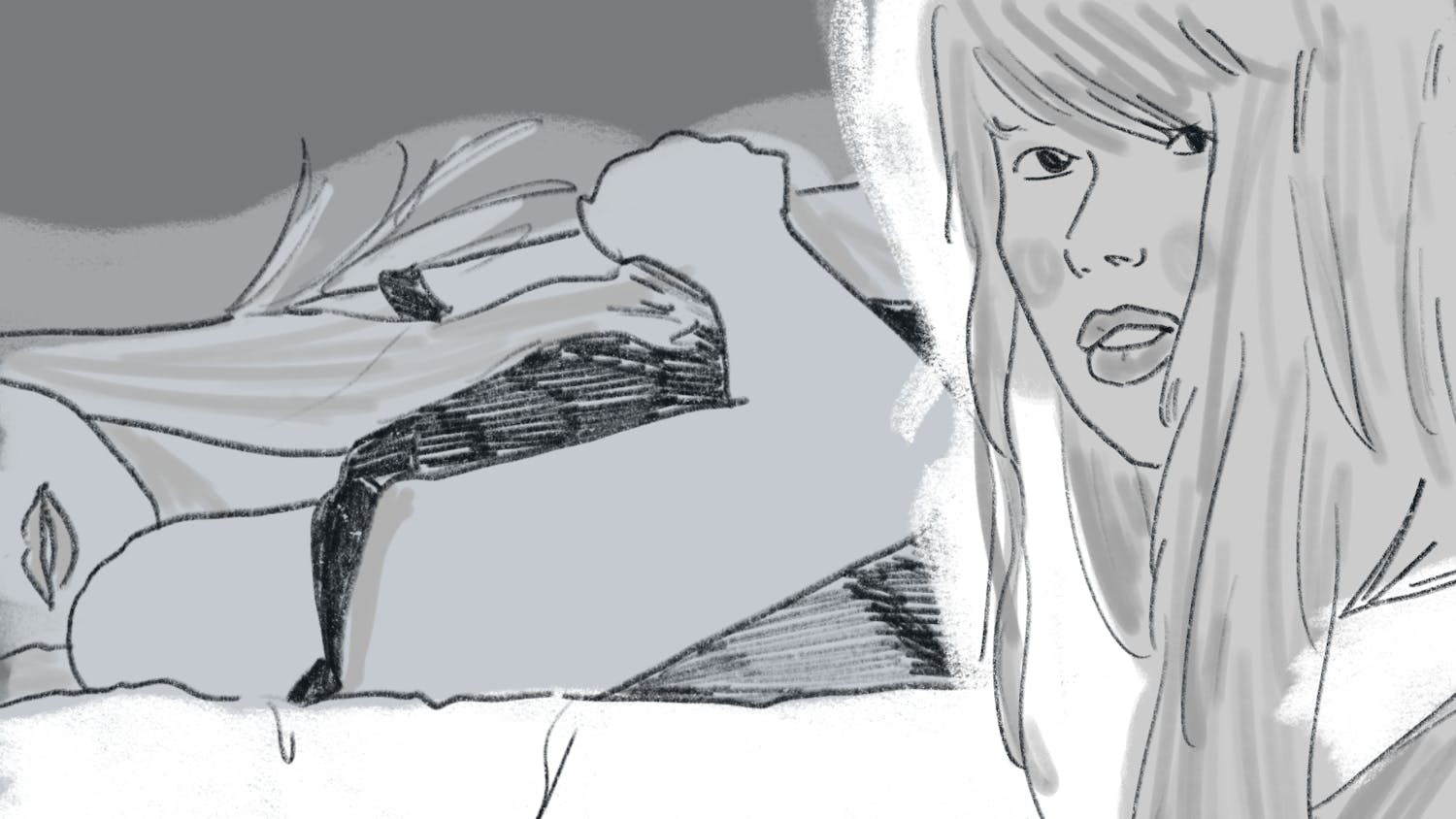Re-making classics is dicey business. Try adding a new spin to a classic yarn, and you invite the scorn of purists who hate seeing "Romeo & Juliet" and "Great Expectations" get butchered and watered down just so that the MTV crowd is happy. Change nothing at all about the original story, and you risk sending the audience into slumber land for two hours.
It's not too hard to figure out to which category Bille August's re-make of "Les Miserables" belongs. Here are some hints: no one felt the need to remind audiences of what they were watching by placing Victor Hugo's name before the title, and Garbage and the Butthole Surfers don't show up anywhere on the soundtrack.
August tells this tale in a very strict, straight-forward manner, which is fine, but it's a shame that the few liberties this version does take are so poorly chosen.
Interestingly, the film begins on its one deviation from the novel that does work. The filmmakers skip the scenes where Jean Valjean (Liam Neeson) steals a loaf of bread and begin with the escaped convict knocking on a priest's door. Valjean's prison days are revealed to the audience through dialogue, not flashback, an effective move which prevents the film from running too long.
Things also starts off promisingly thanks to the fact that the film's first half contains the picture's finest performance -- Uma Thurman's turn as the tragic prostitute Fantine. Thurman is subtle and dignified, at times allowing a few glimmers of sexual attraction towards Valjean to surface.
Once Fantine dies, however, the film takes a turn for the worse. Unlike Thurman, the other actors seem to be relying on tricks that worked for them in the past. Neeson, for example, may be convincingly stoic and heroic, but his performance is virtually indistinguishable from his work as Oscar Schindler, Rob Roy and Michael Collins.
If Neeson doesn't stretch, he at least strikes the right notes, which is more than can be said for Geoffrey Rush ("Shine"). Rush bears strong physical resemblance to Marilyn Manson, a fact which doesn't help his one-note, bad-guy performance. His Javert, the obsessive policeman chasing Valjean, is so relentlessly evil that the struggle he's having fitting the world into clear categories gets lost.
While Rush's presence prevents many scenes from achieving their potential, the second half introduces Fantine's daughter, Cosette, and with her a whole new set of problems. Cosette is played by an initially awkward Claire Danes, who seems to have a monopoly on Virginal Teen Queen roles. Sporting giant frilly frocks and an accent that she's not quite comfortable with, the former Angela Chase seems way out of place.
Fortunately, Danes has an emotional and honest delivery that makes her ultimately winning, but her charms can't save the scenes between her and Hans Matheson, who plays her revolutionary boyfriend Marius. Matheson lacks conviction in his role and delivers his incendiary speeches with the phony energy of someone that enjoys hearing himself talk but doesn't have a clue what he is saying. Marius comes off as shallow and self-absorbed, and Matheson's poor showing makes the romance seem less sweet and natural than it should.
As unconvincing as the love story is, the film's biggest flaw is a premature and poorly played ending that fails to draw on the film's strengths and distorts the novel's take on the events.
The muddled ending makes Valjean seem like less of a martyr -- as he gloats at Javert's own misfortune -- but if the filmmakers wanted to make him more real, they shouldn't have waited until the last minute to do so. Moreover, the strongest moments in the picture are those that draw on raw emotion. To end the film focusing on the least emotional and least intriguing relationship is a bad move.
This is the rare case where an extra death scene would have been welcome. Depicting Valjean's last moments would end the film on a heart-tugging note and probably result in a nice exchange of teary glances between the actors. Perhaps the filmmakers felt that they had been so loyal in telling the story so far that they had to do something unexpected. That's unfortunate, because the film ends with the sense that it doesn't know what to do with itself, and in the process makes us wonder just what we've spent our last two hours watching.



